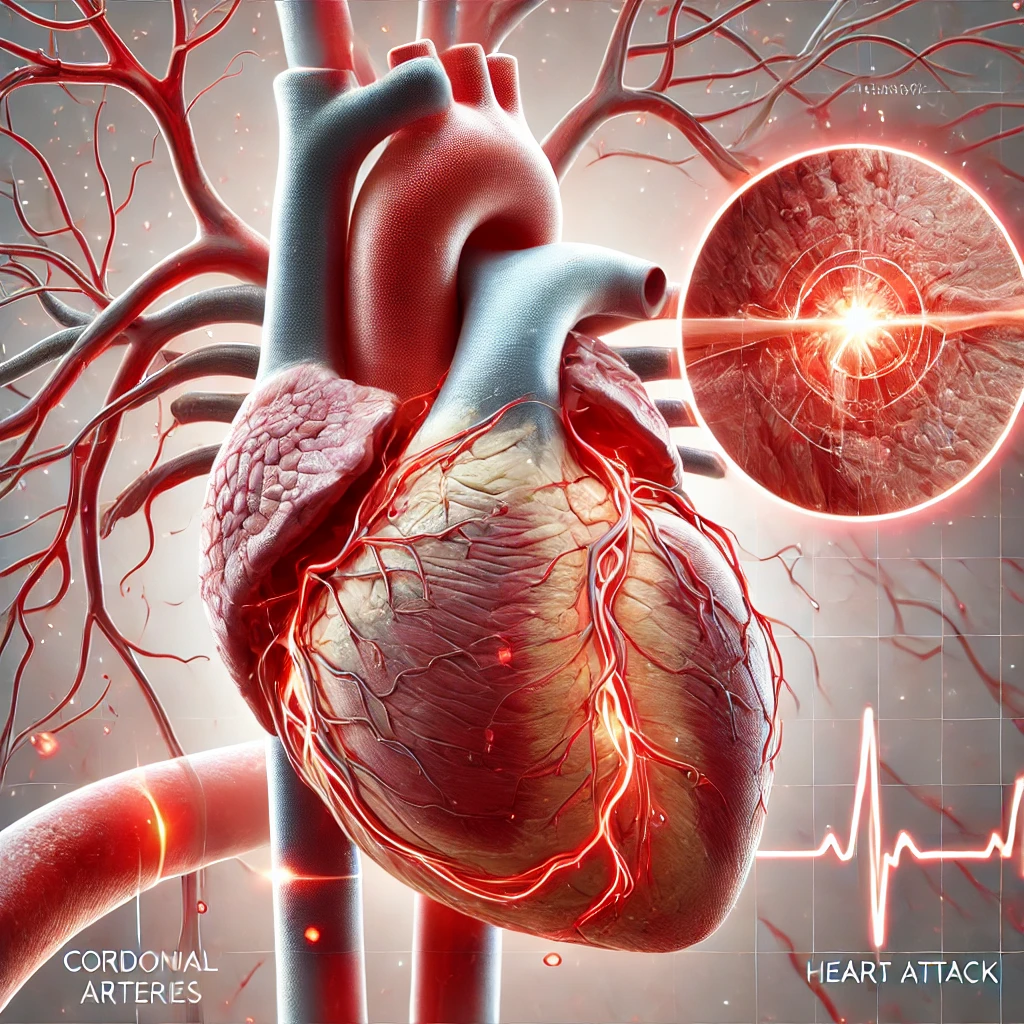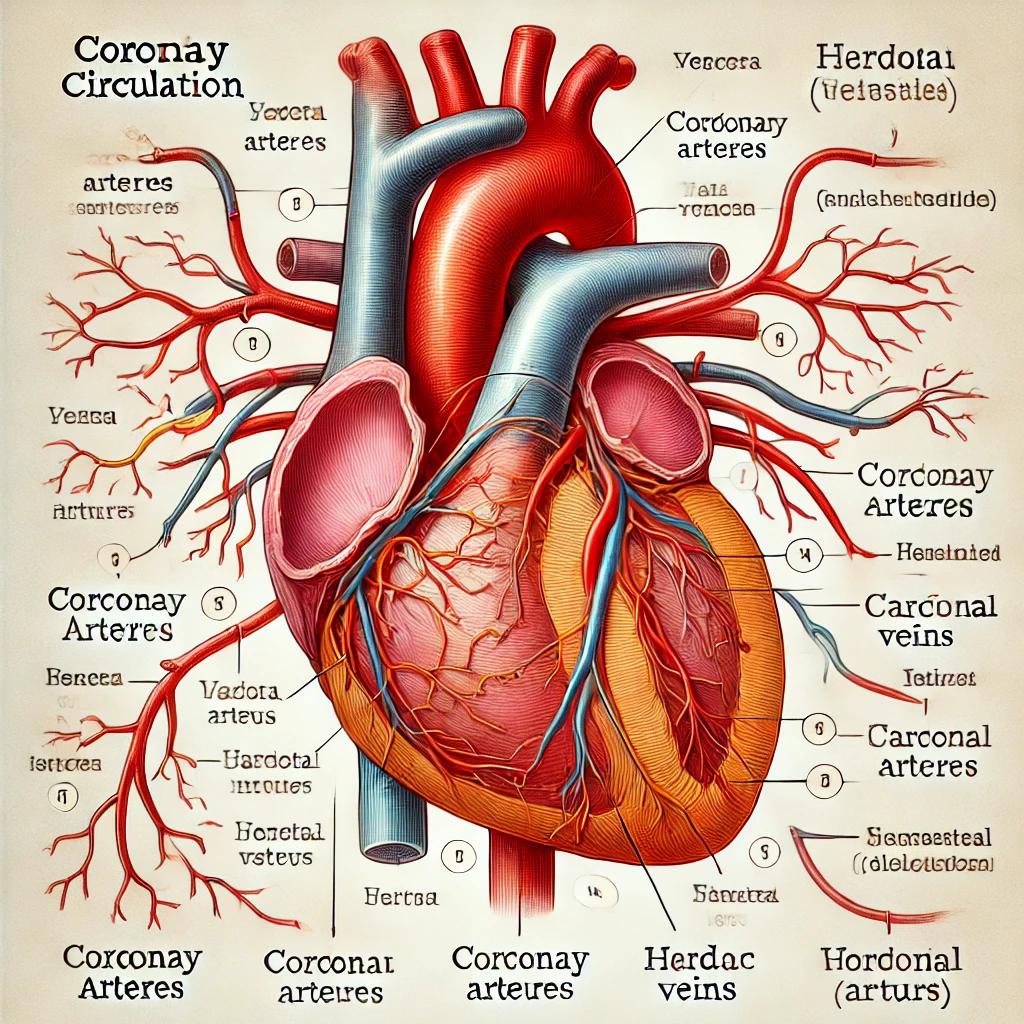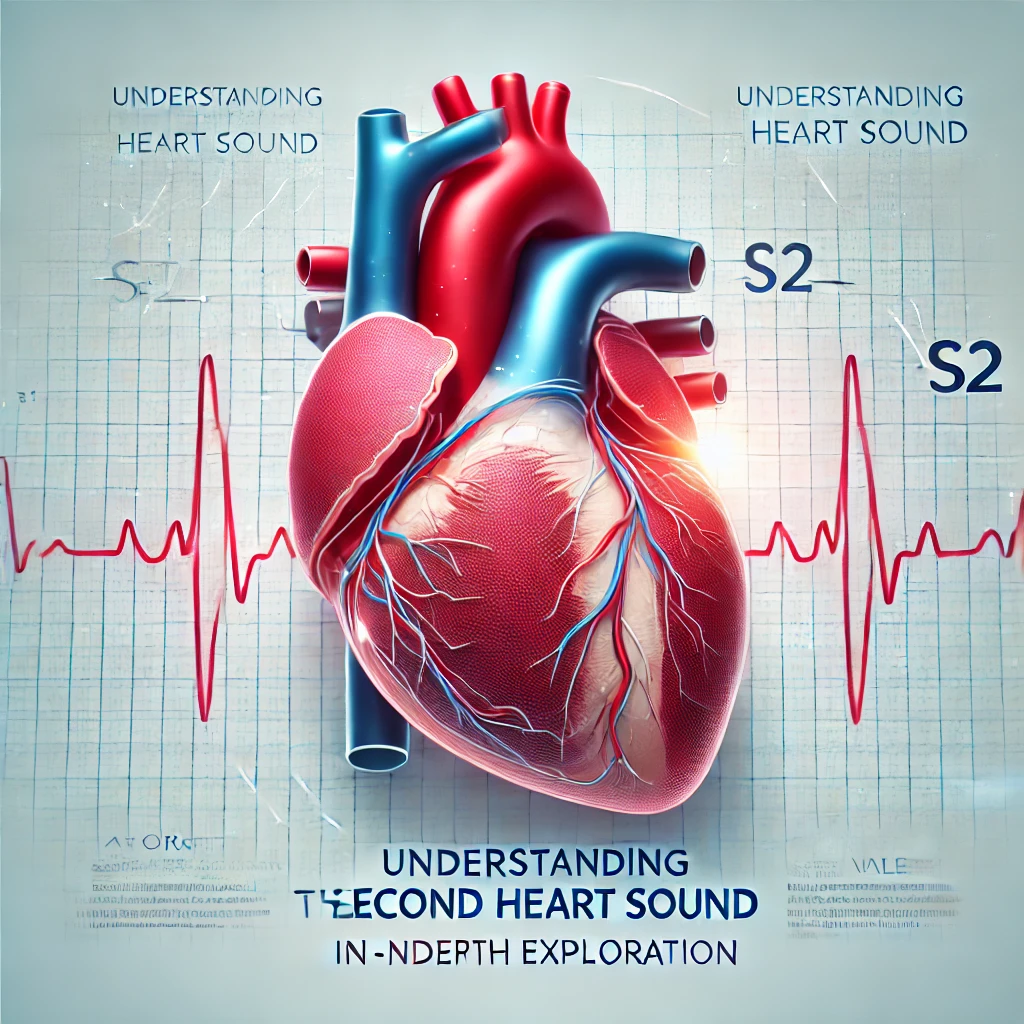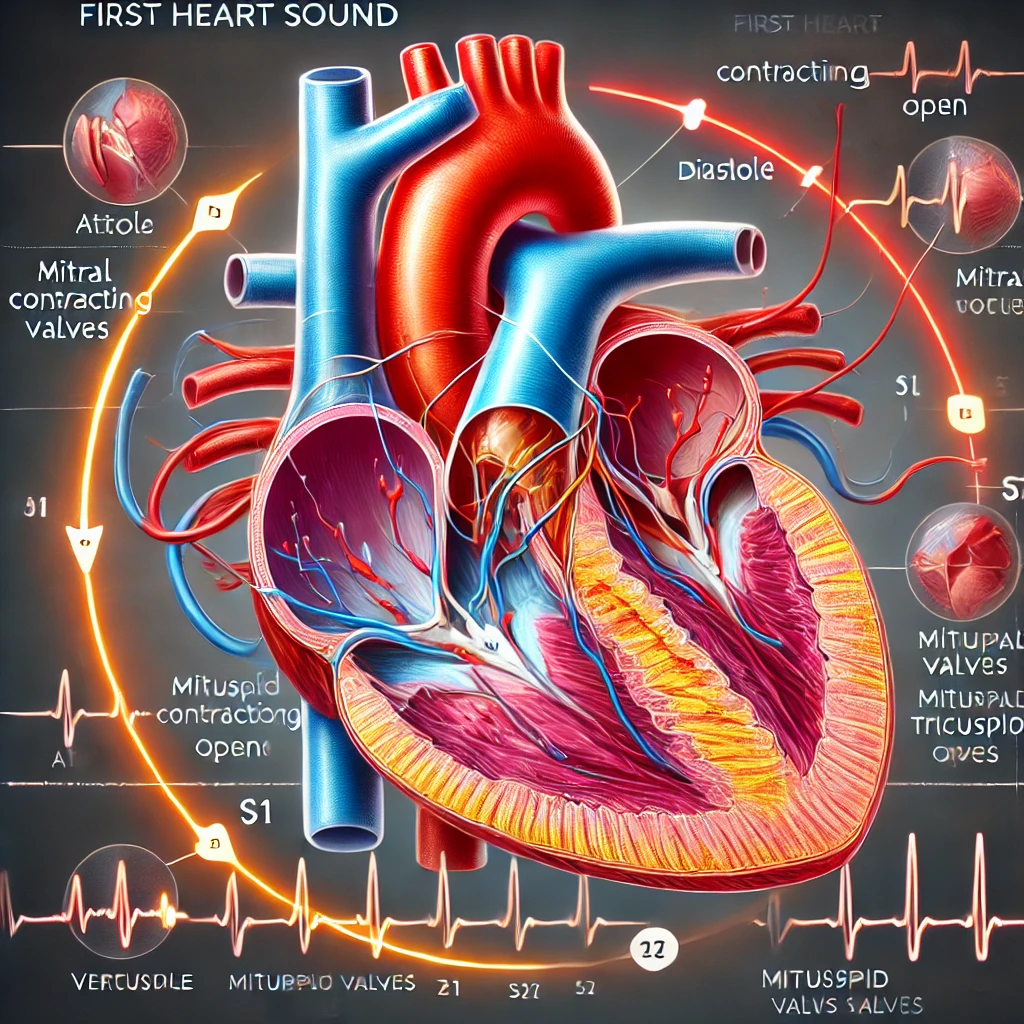Introduction
Cardiology is a branch of medicine that deals with the study, diagnosis, What is Cardiology and treatment of heart diseases and disorders. The word “cardiology” comes from the Greek word “kardia,” which means heart, and “logos,” which means study. Cardiology has rapidly evolved over the years, thanks to advances in technology and research.
The Importance of Cardiology
The heart is a vital organ that plays a crucial role in the human body. It pumps blood to all body parts, supplying oxygen and nutrients to the organs and tissues. Any problem with the heart can have a significant impact on a person’s health and well-being. That is where cardiology comes in. Cardiology is essential because it helps prevent, diagnose, and treat various heart conditions. Early detection and treatment of heart problems can significantly improve a person’s quality of life and reduce the risk of complications.
Types of Heart Conditions
Cardiology deals with a wide range of heart conditions, including:
1. Coronary Artery Disease
Coronary artery disease is the most common type of heart disease and occurs when the blood vessels that supply the heart become narrow or blocked. This can lead to chest pain, heart attacks, and other serious complications.
2. Arrhythmias
Arrhythmias are abnormal heart rhythms that can cause the heart to beat too fast, slow, or irregularly. This can lead to fainting, dizziness, and other symptoms.
3. Heart Failure
Heart failure occurs when the heart cannot pump enough blood to meet the body’s needs. This can cause fatigue, shortness of breath, and other symptoms.
4. Congenital Heart Defects
Congenital heart defects are abnormalities of the heart that are present at birth. They can range from minor defects that do not cause problems to severe defects that require surgery.
Diagnosis and Treatment of Heart Conditions
Cardiologists use various diagnostic tests to identify heart conditions, including Electrocardiogram (ECG), Echocardiogram, Cardiac catheterization, Stress test MRI and CT scans Once a heart condition is diagnosed, the cardiologist will develop a treatment plan based on the patient’s specific needs. Treatment options can include Medications to manage symptoms and prevent complications; Lifestyle changes, such as exercise and diet modifications Procedures, such as angioplasty or bypass surgery; Implantable devices, such as pacemakers or defibrillators.
Becoming a Cardiologist
Becoming a cardiologist requires several years of education and training. Here are the typical steps to becoming a cardiologist:
1. Education
The first step to becoming a cardiologist is to earn a bachelor’s degree in a science-related field, such as biology or chemistry. After that, you must attend medical school to earn a Doctor of Medicine (MD) or Osteopathic Medicine (DO) degree.
2. Residency
After medical school, aspiring cardiologists must complete a residency program in internal medicine. This typically takes three years and provides hands-on training in diagnosing and treating various medical conditions.
3. Fellowship
After completing a residency, aspiring cardiologists must complete a fellowship program in cardiology. This typically takes three to four years and provides specialized training in diagnosing and treating various heart conditions. Cardiologists will gain hands-on experience during the fellowship in various procedures, including echocardiography, cardiac catheterization, and electrophysiology.
What Does a Cardiologist Do?
Cardiologists are medical professionals who specialize in diagnosing, treating, and preventing heart conditions. They work with patients of all ages, from newborns to the elderly, and may treat various conditions, from minor heart murmurs to life-threatening heart attacks. Some of the common heart conditions that cardiologists diagnose and treat include:
1. Coronary Artery Disease
Coronary artery disease is when the blood vessels that supply the heart with oxygen and nutrients become narrow or blocked. This can lead to chest pain, shortness of breath, and heart attacks. Cardiologists can diagnose coronary artery disease using a variety of tests, including stress tests, angiograms, and electrocardiograms, and can provide treatments such as medication, lifestyle changes, or surgical procedures.
2. Heart Failure
Heart failure is when the heart cannot pump enough blood to meet the body’s needs. Symptoms of heart failure include fatigue, shortness of breath, and swelling in the legs and ankles. Cardiologists can diagnose heart failure using a variety of tests, including echocardiograms and MRIs, and can provide treatments such as medication, lifestyle changes, or surgery.
3. Arrhythmias
Arrhythmias are abnormal heart rhythms that can cause palpitations, dizziness, and fainting symptoms. Cardiologists can diagnose arrhythmias using a variety of tests, including electrocardiograms and Holter monitors. They can provide treatments such as medication, lifestyle changes, or procedures such as catheter ablation or pacemaker implantation.
4. Valvular Heart Disease
Valvular heart disease is when the valves in the heart do not function properly, leading to chest pain, shortness of breath, and fatigue. Cardiologists can diagnose valvular heart disease using a variety of tests, including echocardiograms and cardiac catheterization, and can provide treatments such as medication or surgical procedures.
When Should You See a Cardiologist?
If you are experiencing any symptoms of heart disease, What is Cardiology? It is essential to see a cardiologist as soon as possible. Some common symptoms of heart disease include Chest pain or discomfort, Shortness of breath, Fatigue, Dizziness or lightheadedness Swelling in the legs or ankles. See a cardiologist if you have any risk factors for heart disease, such as high blood pressure, high cholesterol, diabetes, or a family history of heart disease.
Conclusion
In conclusion, cardiology is a specialized field of medicine that focuses on diagnosing, treating, and preventing heart conditions. Cardiologists are highly trained medical professionals who work with patients of all ages to provide personalized care and treatment. Suppose you are experiencing any symptoms of heart disease or have any risk factors for heart disease. In that case, seeing a cardiologist as soon as possible is essential to receive the proper diagnosis and treatment.
My other posts:
- Echocardiography: A Window to the Heart
- Decoding the Heart’s Rhythm: A Comprehensive Look at the Types of Arrhythmia
- Tetralogy of Fallot: Causes and Risk Factors
- Ischemic Heart Diseases: From Causes and Symptoms to Prevention and Treatment
- Acute Coronary Syndrome: Causes, Symptoms, Treatment, and Prognosis




